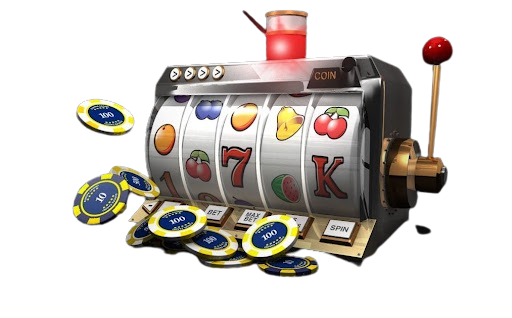Games have been an integral part of human culture since ancient times, serving as a source of entertainment, social interaction, and even education. From the earliest board games played thousands of years ago to the immersive digital experiences of today, games have continuously evolved, reflecting changes in society, technology, and human behavior. This article delves into the rich history, diverse forms, and profound impact of games throughout the ages.
Ancient Roots: From Senet to Chess
The origins of gaming can be traced back to ancient civilizations such as the Mesopotamians, Egyptians, and Chinese, who developed various forms of board games. One of the oldest known board games, Senet, dates back over 5,000 years and was played in ancient Egypt. Similarly, the game of Go, originating in China over 2,500 years ago, continues to captivate players with its simple rules and strategic depth.
As civilizations flourished and interacted, games became a means of cultural exchange and diplomacy. Chess, emerging in the Gupta Empire of ancient India around the 6th century AD, spread across the world and became a symbol of intellectual prowess and strategic thinking. Its enduring popularity persists to this day, with international competitions and grandmaster players celebrated worldwide.
The Rise of Modern Gaming: From Card Games to Video Games
The advent of the Renaissance saw the emergence of card games in Europe, such as Tarot and Poker, which evolved into diverse forms of recreational pastimes. With the Industrial Revolution came mass-produced games and toys, making entertainment more accessible to people of all social classes.
The 20th century witnessed a technological revolution that would forever change the landscape of gaming. The invention of electronic devices paved the way for the birth of video games. From the simple delights of Pong and Space Invaders in the 1970s to the complex narratives of contemporary titles like The Legend of Zelda and Grand Theft Auto, video games have become a dominant form of entertainment, with a global industry worth billions of dollars.
Beyond Entertainment: The Educational and Therapeutic Potential of Games
While games are primarily associated with leisure and amusement, they ASTONSLOT also possess significant educational and therapeutic benefits. Educational games, such as Math Blaster and Carmen Sandiego, have long been used in schools to make learning engaging and interactive. Similarly, simulations and serious games are employed in various fields, from healthcare to military training, to enhance skills and decision-making abilities.
Moreover, games have shown promise as therapeutic tools for physical and mental health conditions. Gamification techniques are utilized in rehabilitation programs to motivate patients and facilitate recovery. Virtual reality (VR) experiences are being explored for treating phobias, PTSD, and other psychological disorders, offering immersive environments for exposure therapy and stress management.
The Future of Gaming: From Virtual Realms to Augmented Realities
As technology continues to advance, the future of gaming appears boundless. Virtual reality (VR) and augmented reality (AR) technologies are poised to revolutionize the gaming experience, transporting players to immersive worlds and blending digital content with the real environment. With the advent of cloud gaming and streaming services, access to games will become even more widespread, transcending the limitations of hardware capabilities.
Furthermore, the growing influence of artificial intelligence (AI) promises to enhance game design and player experiences, with dynamic worlds and adaptive gameplay tailored to individual preferences and skill levels. The boundaries between gaming and other forms of media, such as film and literature, are also blurring, giving rise to interactive narratives and storytelling experiences that challenge traditional conventions.
In conclusion, games have come a long way from their humble origins to become a multifaceted phenomenon shaping culture, technology, and society. Whether as a means of entertainment, education, or therapy, games continue to captivate and inspire people of all ages and backgrounds, reaffirming their enduring relevance in the human experience. As we look to the future, the possibilities for innovation and creativity in gaming are limitless, offering exciting prospects for exploration and discovery.
